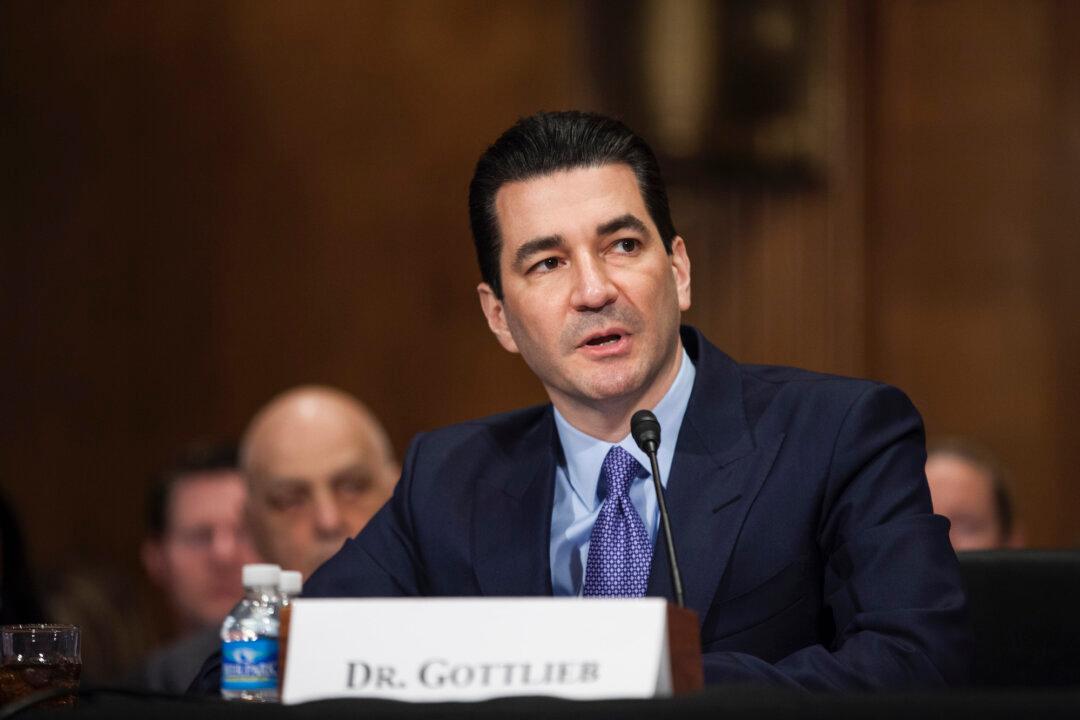Pfizer board member and former Food and Drug Administration head Scott Gottlieb said federal health officials’ messaging on COVID-19 booster doses is generally unclear.
The “confusing messaging” from the Centers for Disease Control and Prevention (CDC) regarding COVID-19 booster shots “may end up being one of the biggest missed opportunities in this pandemic,” Gottlieb told CBS on Sunday.





